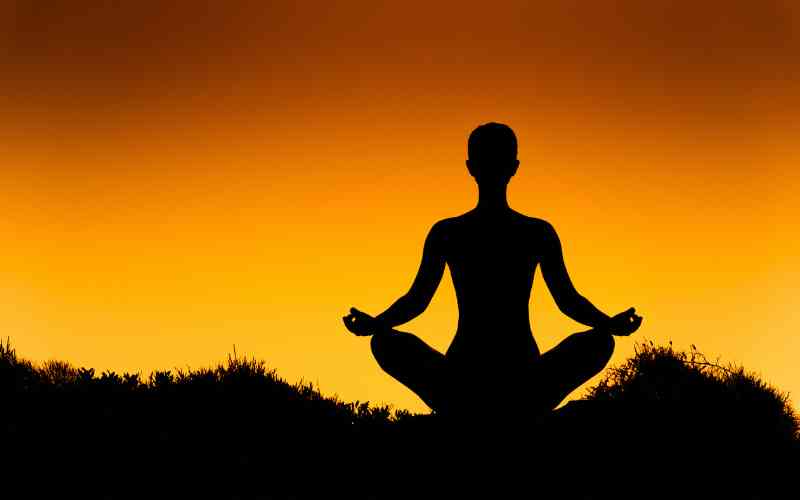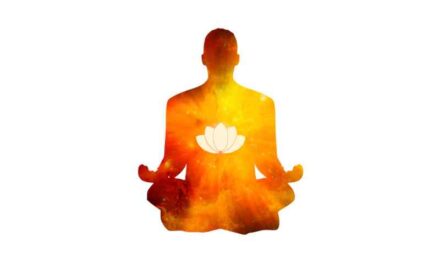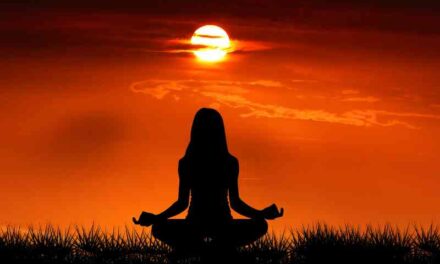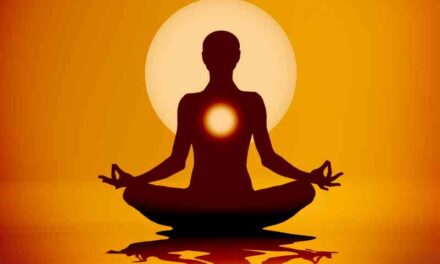A conversation between a questioner and Maharaj about the two ways of growth – renunciation and enjoyment (yoga and bhoga) is discussed. The questioner believes that Bhoga is the better way as the Yogi seems to spend much of their time in trances and when they speak, they merely voice their scriptures, whereas the Bhogi is adventurous, full of spirits, forward-going, and ever-ready to explore. Maharaj explains that it is a matter of wanting much or being satisfied with little.
The Yogi is narrow as the sharp edge of a knife. He has to be – to cut deep and smoothly, to penetrate unerringly the many layers of the false. The Bhogi worships at many altars; the Yogi serves none but his own true Self. There is no purpose in opposing the Yogi to the Bhogi. The way of outgoing (pravritti) necessarily precedes the way of returning (nivritti). To sit in judgment and allot marks is ridiculous.
The conversation then moves on to the ultimate perfection, where some say there are three aspects of reality – Truth-Wisdom-Bliss. He who seeks Truth becomes a Yogi, he who seeks wisdom becomes a gnani, and he who seeks happiness becomes the man of action. They also discuss the bliss of non-duality, and Maharaj explains that such bliss is more of the nature of great peace. Pleasure and pain are the fruits of actions – righteous and unrighteous. The difference is between giving and grasping. Whatever the way of approach, in the end, all becomes one.
When asked about why there is discrimination between various approaches, Maharaj explains that let each act according to his nature, and the ultimate purpose will be served in any case. All discriminations and classifications are quite all right, but they do not exist in his case. The unmanifested has no name, and it is useless to struggle with words to express what is beyond words.
Maharaj believes that consciousness (chidananda) is spirit (purusha), and consciousness is matter (prakriti). Imperfect spirit is matter, perfect matter is spirit. All division is in the mind (chitta); there is none in reality (chit). Movement and rest are states of mind and cannot be without their opposites. By itself, nothing moves, nothing rests. There is rest as a state of mind (chidaram) and rest as a state of being (atmaram). Unfortunately, language is a mental tool and works only in opposites. Witnessing is an experience, and rest is freedom from experience.





